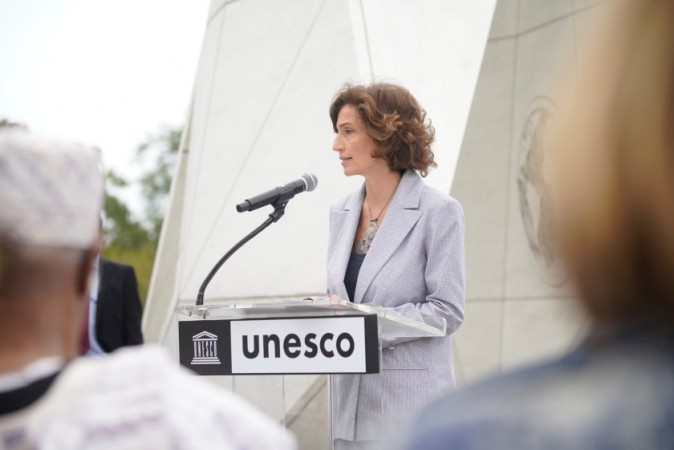
UNESCO has unveiled an ambitious initiative aimed at establishing a global alliance of academic chairs dedicated to studying the enslavement and transatlantic slave trade. Through its UNITWIN/UNESCO Chairs Programme, the organization is inviting universities worldwide to participate in advancing research, education, and dialogue on this dark chapter of history and its enduring impact on inequality, racism, and discrimination.
This initiative, part of UNESCO’s 2025 cycle, seeks to link historical understanding with contemporary challenges by addressing the lingering effects of the transatlantic slave trade. Between 1501 and 1867, nearly 13 million Africans were forcibly trafficked across the Atlantic, separated from their homes, families, and cultures. The new academic chairs will explore this history while connecting it to modern systemic issues, such as economic disparities, social inequalities, and racism, particularly affecting Afro-descendant communities.
UNESCO has urged universities in Africa, Latin America, and the Caribbean—regions profoundly impacted by the transatlantic slave trade—to play a leading role in this endeavour. These academic chairs will examine a wide range of topics, including the study of historical archives, gender dynamics in enslavement, the long-term socio-economic effects of slavery, and its implications for contemporary development and inequality.
This program builds on the work of UNESCO’s Routes of Enslaved Peoples: Resistance, Liberty, and Heritage initiative, which has spent over three decades documenting the legacy of slavery and celebrating the contributions of people of African descent. The new alliance will expand these efforts by fostering inter-university cooperation and creating a global network of academic expertise.
Each chair will operate within a university and will be led by scholars conducting specialized research and educational programs. The goal is to integrate activities that connect historical study with advocacy and policymaking, while also strengthening public dialogue about slavery’s enduring legacy and structural inequalities.
UNESCO emphasized the critical role of these chairs in advocating for the rights and representation of Afro-descendant communities worldwide. By fostering interdisciplinary research and public education, the initiative seeks to challenge systemic barriers, address marginalization, and promote pathways toward social and economic equity.
“This initiative underscores the need for a comprehensive understanding of enslavement and its impact, not just as a historical atrocity but as a continuing influence on global inequality,” UNESCO stated.
The academic chairs will also work to preserve the memory of those who endured slavery, ensuring that this history informs efforts to build a more equitable future. By bridging historical perspectives with modern issues, the initiative aims to foster a global movement toward understanding, reconciliation, and shared humanity.
Universities interested in participating have until April 30, 2025, to submit applications as part of the UNESCO Chairs and UNITWIN Networks application process. This call to action marks a significant step in leveraging academic research to address the long-lasting impact of slavery and to promote global justice.
Article by Nyokabi Wanjiku
Photo/Google

Comment